"We need to look for new heroes. One of them is Nazarii Yaremchuk," Mariia Yaremchuk and Maksym Serdiuk on the film Yaremchuk: Matchless World of Beauty
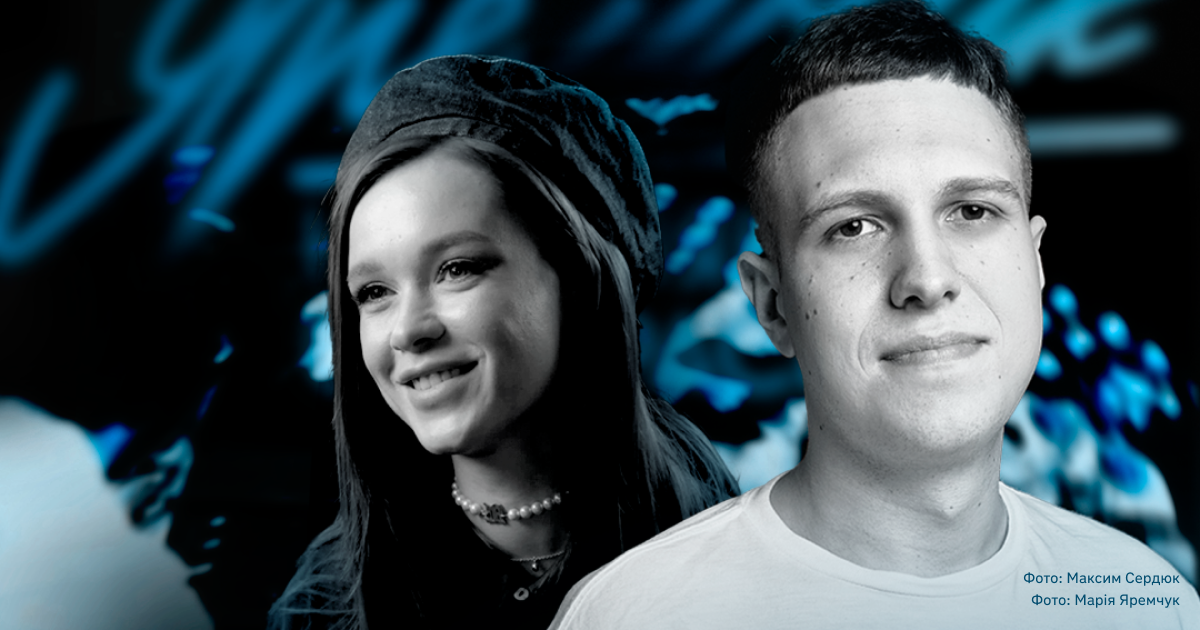
Winning the Pisnia (Song) — 71 (Television Song Festival) competition with the song Chervona Ruta, performing in Chornobyl after the accident and his relationship with his family. These memories of Ukrainian pop star Nazarii Yaremchuk were collected by film director Artem Hryhorian, producers Mariia Yaremchuk and Maksym Serdiuk.
The premiere of the film Yaremchuk: Matchless World of Beauty took place on June 23 at the Mykolaichuk OPEN Chernivtsi Festival of Audience Film. The film closed the festival. The documentary was released in Ukraine on August 8, 2024, and later became the highest-grossing film in Ukraine.
The film has been available on Netflix since September 11 and on Kyivstar TV since September 12.
Svidomi spoke with Maksym Serdyuk, the producer and co-founder of KNIFE! Films studio and the film's co-author Mariia Yaremchuk about the film's production, the character of Nazarii Yaremchuk and the protagonist of the upcoming film.
From Flash to Yaremchuk: Matchless World of Beauty
Yaremchuk: Matchless World of Beauty is not Artem Hryhorian and Maksym Serdiuk's first work on Ukrainian pop culture. Their debut was the documentary series Spalakh (Flash). It consists of 10 episodes, each covering a different cultural theme: from the phenomenon of Ukrainian pop music and music video-making to cinema, comedy, street art and local clothing brands.
Following the success of Flash, numerous organisations approached Artem and Maksym with offers of collaboration. However, they turned down almost all but two projects. In the end, Hryhorian and Serdiuk agreed to Mariia Yaremchuk's offer to make a film about her father, Nazarii Yaremchuk. She noted that the TV series Flash was perhaps the first example of a high-quality Ukrainian pop documentary, so she offered it to KNIFE! Films.
But even while working on Flash, Artem often listened to Nazarii Yaremchuk's songs. When he was making a programme about new Ukrainian folk music, the film director added many of Yaremchuk's songs because he noticed how different he was from the performers of the time. One day, Artem showed Maksym the video for the musical piece Stozhary and said, "Look at his charisma."
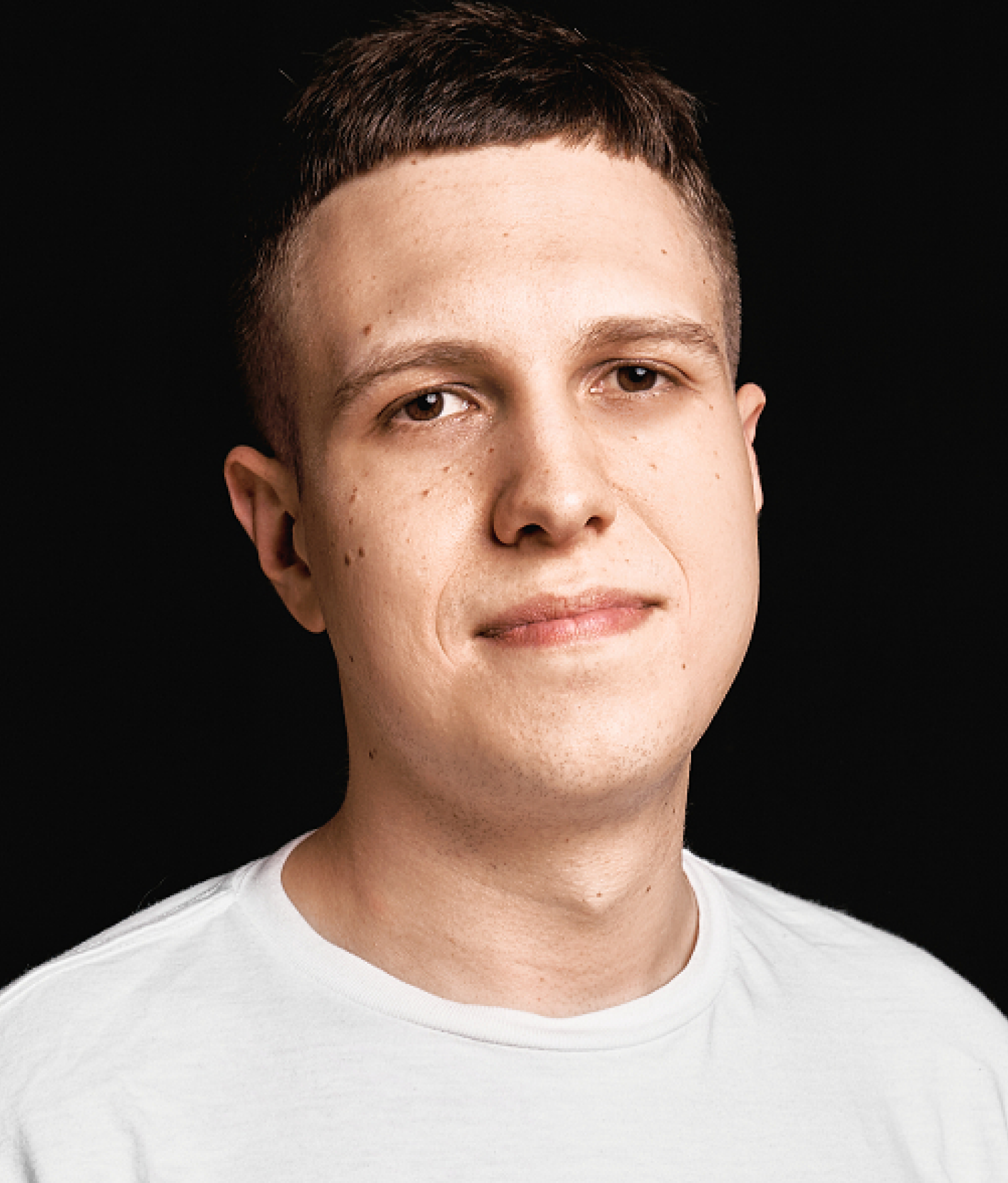
I remember we were travelling through the Carpathians, listening to Nazarii Yaremchuk's Kvitka rozmariya (Rosemary Flower), and just a few months later, Mariia Yaremchuk suggested we make a film together,
recalls Maksym Serdiuk.
The team started working on the documentary in the summer of 2021. At that time, they began developing the film about Yaremchuk alongside Stories of Ukrainian IT, the first documentary about the creation of the Ukrainian IT industry, which was released in February 2023.
Mariia Yaremchuk says she wanted to draw public attention to the figure of Nazarii Yaremchuk and the whole stratum of Ukrainian culture, as there were very few references to this era in the media space.
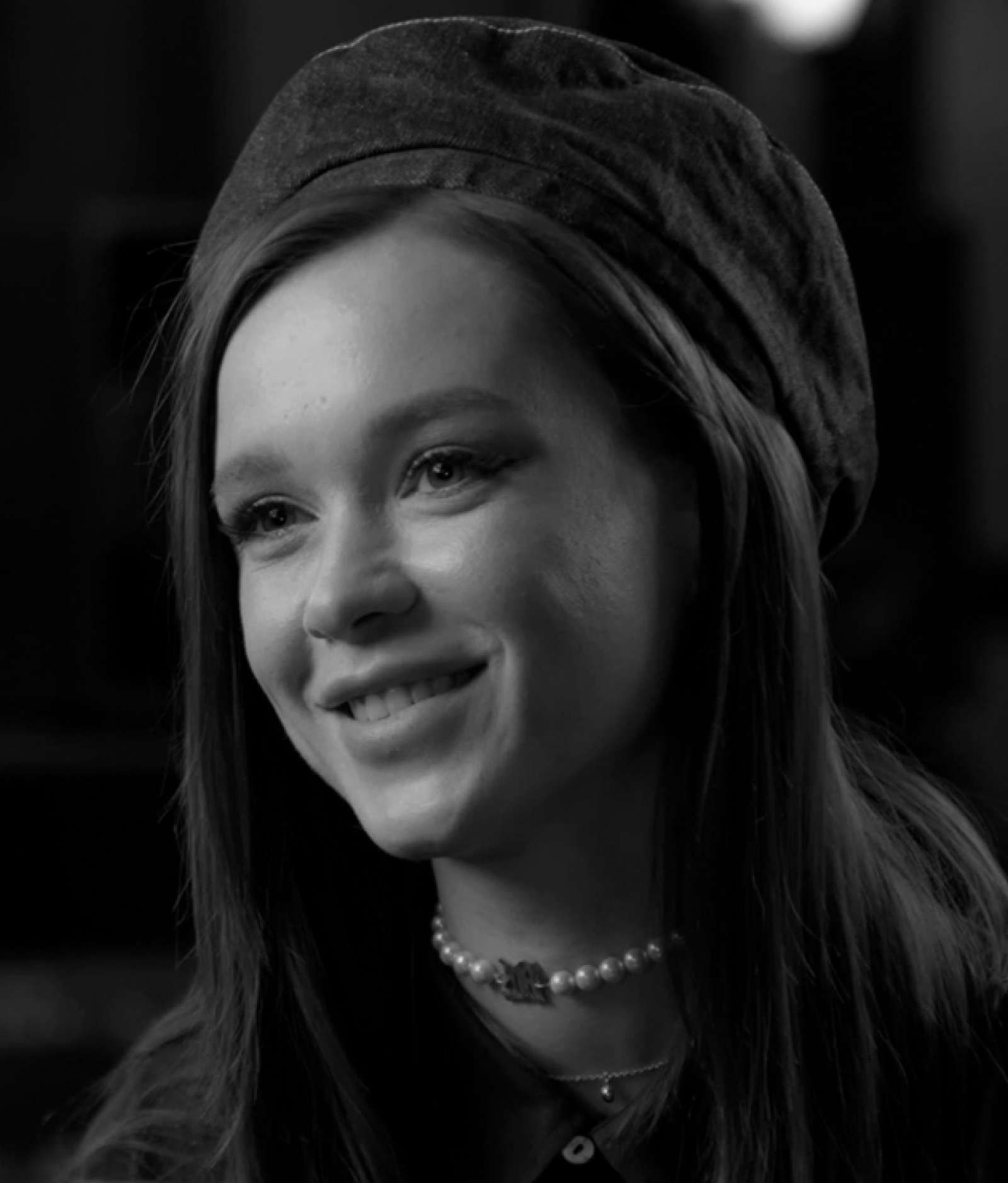
I grew up thinking of my father as an artist, but I was always more interested in my real, loving and homely father. Children love their fathers regardless of their profession, that's for sure. And yes, the film became a kind of tool for studying such a father,
adds Mariia Yaremchuk.
Reasons for the popularity of the film Yaremchuk: Matchless World of Beauty and marketing of the film
After the tenth week of its release, the film Yaremchuk: Matchless World of Beauty achieved significant success at the box office, grossing over 15 million 240 thousand UAH. Audiences bought 99,150 tickets.
The filmmakers also held non-commercial screenings. On Independence Day, about a thousand people watched the film at Shevchenko Hai in Lviv. And on the 50th anniversary of the Cinema House in Kyiv, the film was screened for 700 people.
Based on audience feedback, Maksym Serdiuk identified several reasons for the film's popularity. Firstly, Yaremchuk's character was not integrated into contemporary Ukrainian pop culture. The authors of the film set out to integrate him into the present. They wanted Nazarii to be heard, discussed and remembered not only on the anniversary of his death, his birthday or other specific dates.
The audience also noted that the film was emotional. Since KNIFE! Films makes pop-documentaries. It is based on the canon of feature films, not festival or journalistic films. The film's narrative is designed to evoke emotion so that even viewers who are not interested in the subject matter of the film can still understand it.
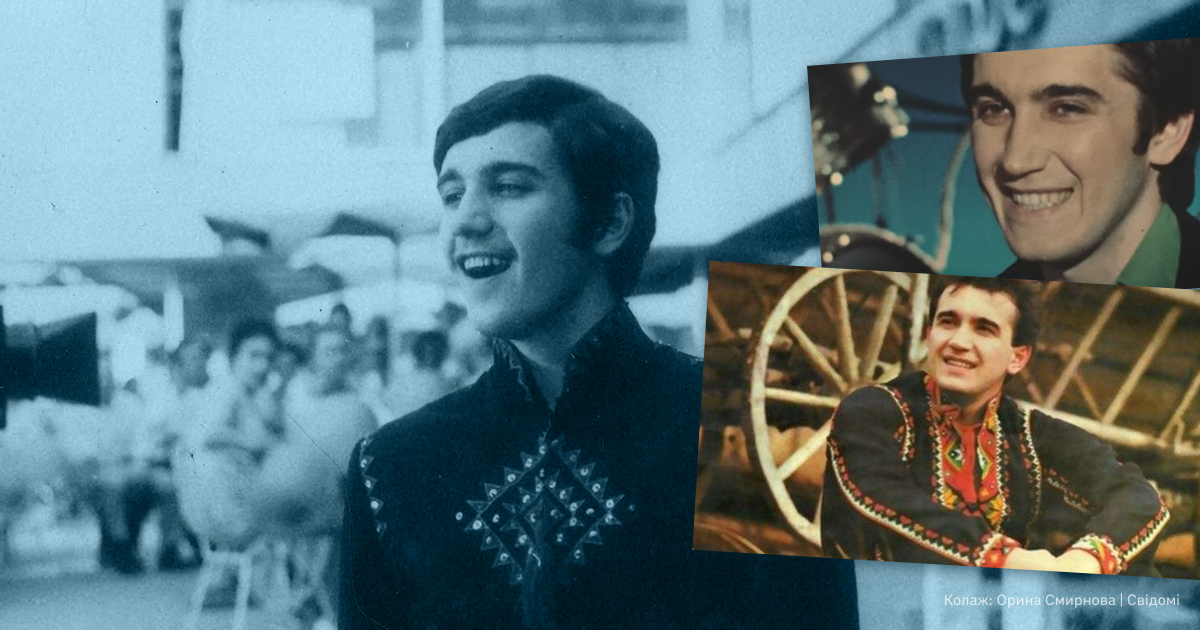
The third reason for the relevance of the narratives in Yaremchuk: Matchless World of Beauty is the combination of contexts. The film team showed both the life of Nazarii Yaremchuk as the first Ukrainian pop star and the history of Ukraine through his prism. Artem Hryhorian compared the film about Yaremchuk to Forrest Gump [a 1994 film directed by Robert Zemeckis — ed.], as Nazarii Yaremchuk also witnessed significant events in the country's history and either directly influenced these events or people.
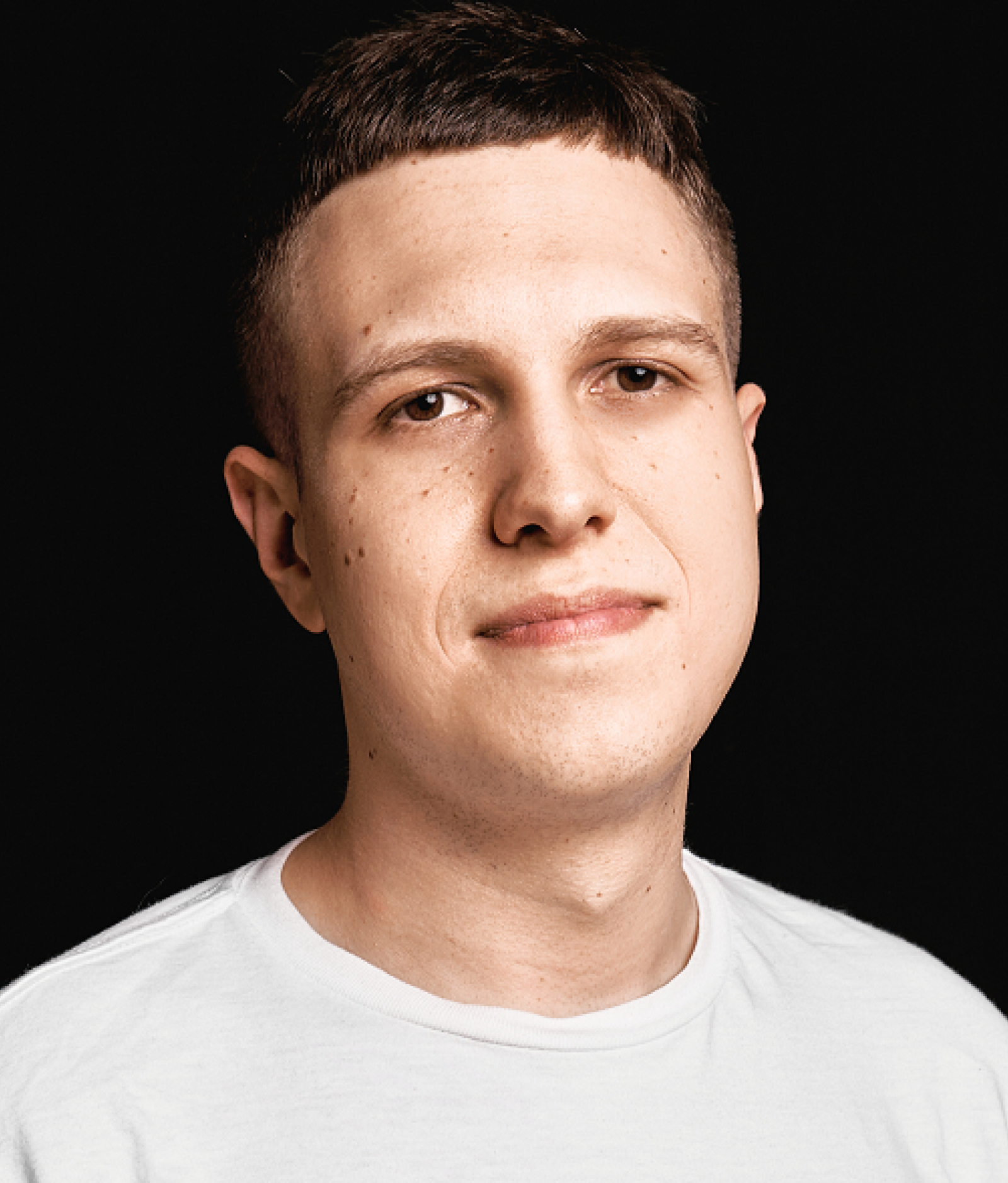
This project is also important because of the ongoing decolonisation. We need to look for new heroes of our own. And one of these heroes, even superheroes, is Nazarii Yaremchuk,
adds Maksym Serdiuk.
In addition, the audience noticed a new approach to filmmaking: light, accessible to a wide audience, and embodied in the canon of Western pop documentaries. In their reviews, they noted that such a film had never been made in Ukraine or that there were very few of them.
"In my opinion, the popularity of the film is natural. Today, the demand for studying one's history is extremely high, and the film Yaremchuk: Matchless World of Beauty satisfies this demand of the Ukrainian audience. First of all, of course, there is the figure of Yaremchuk himself, the magnetism of his personality and talent," says Mariia Yaremchuk.
The film team also created an effective promotional campaign. First, they released the film's trailer, which has been viewed millions of times on various platforms. Later, they worked with venues across Ukraine to play Yaremchuk's songs and post the film's posters on social media. The first wave of the campaign involved 60 establishments, and within a few days, more than 100 had joined. Later, other institutions joined in.
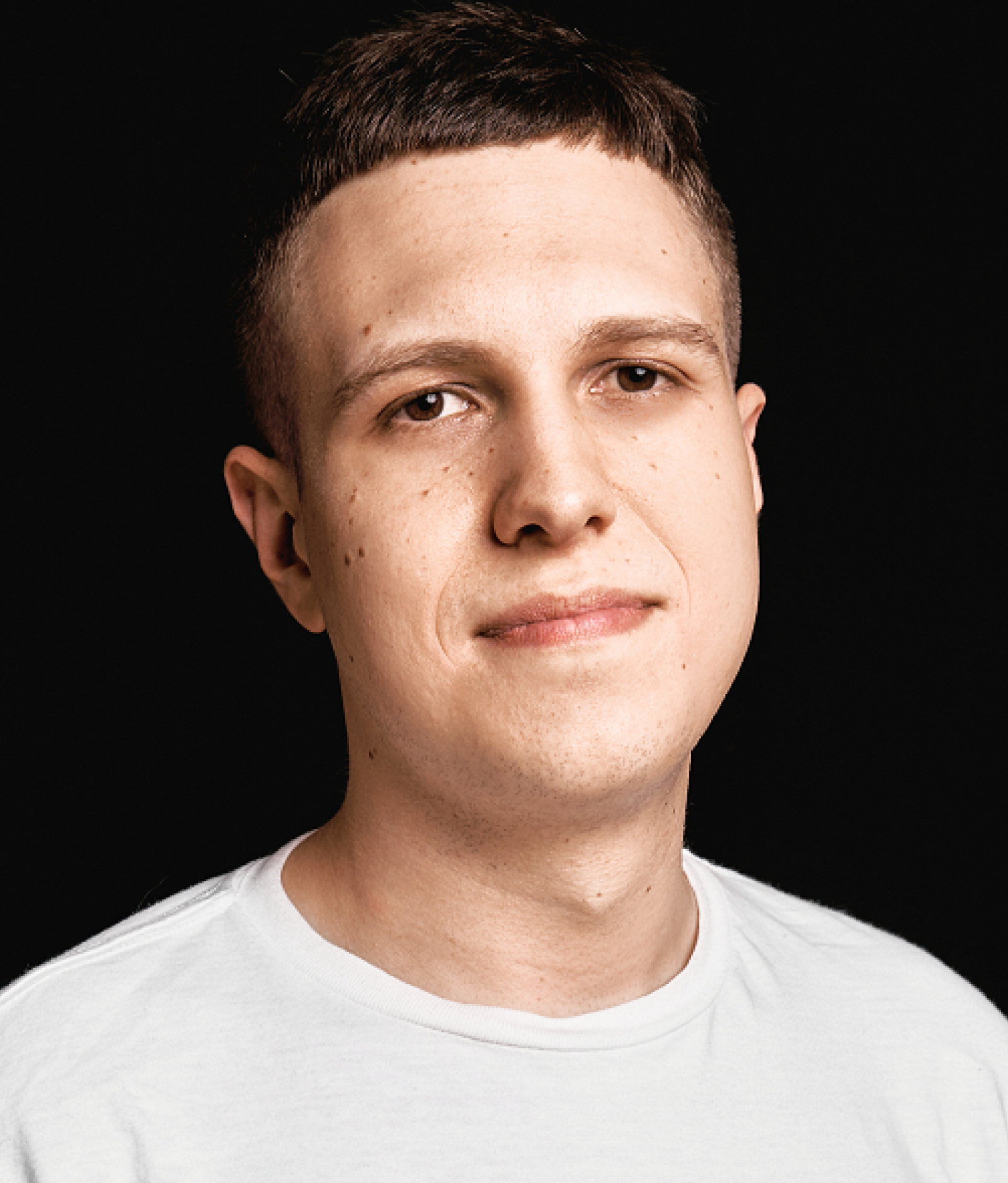
I decided not to announce the release of the film unexpectedly but to organise the campaign in advance. It's one thing to make a great product, but then it's important to get it out to the audience and to communicate constantly: partner with organisations, give interviews, create creative events,
says Maksym Serdiuk.
Filmmaking process, diaries and Nazarii Yaremchuk's matchless world of beauty
Initially, the authors defined the film's goal as integrating Nazarii Yaremchuk into contemporary culture so that people would be inspired by his life and work. While filming, Mariia Yaremchuk created an album of covers to reinterpret Yaremchuk's work. Then the team moved on to pre-production: they developed a list of characters, agreed on locations and wrote a preliminary script.
The next step was filming. The longest was the editing, which was divided into several stages: music composition, sound correction, visual effects and the use of artificial intelligence. The film's authors looked for ways to recreate Nazarii Yaremchuk's voice for the diaries.
"The diaries contain unique phrases that are specific to certain periods of Yaremchuk's life. We missed Nazarii as a character in the film. Of course, it would be strange if his diaries were narrated. They were Yaremchuk's thoughts, and we didn't even edit them. We wanted to bring Nazarii closer to the viewer through his voice," says Maksym Serdiuk.
At the start of the work, Mariia Yaremchuk provided the team with archive material from which Mariia, director Artem Hryhorian and screenwriter Yaroslav Korotkov selected footage for the film. The filmmakers also gathered information from state archives.
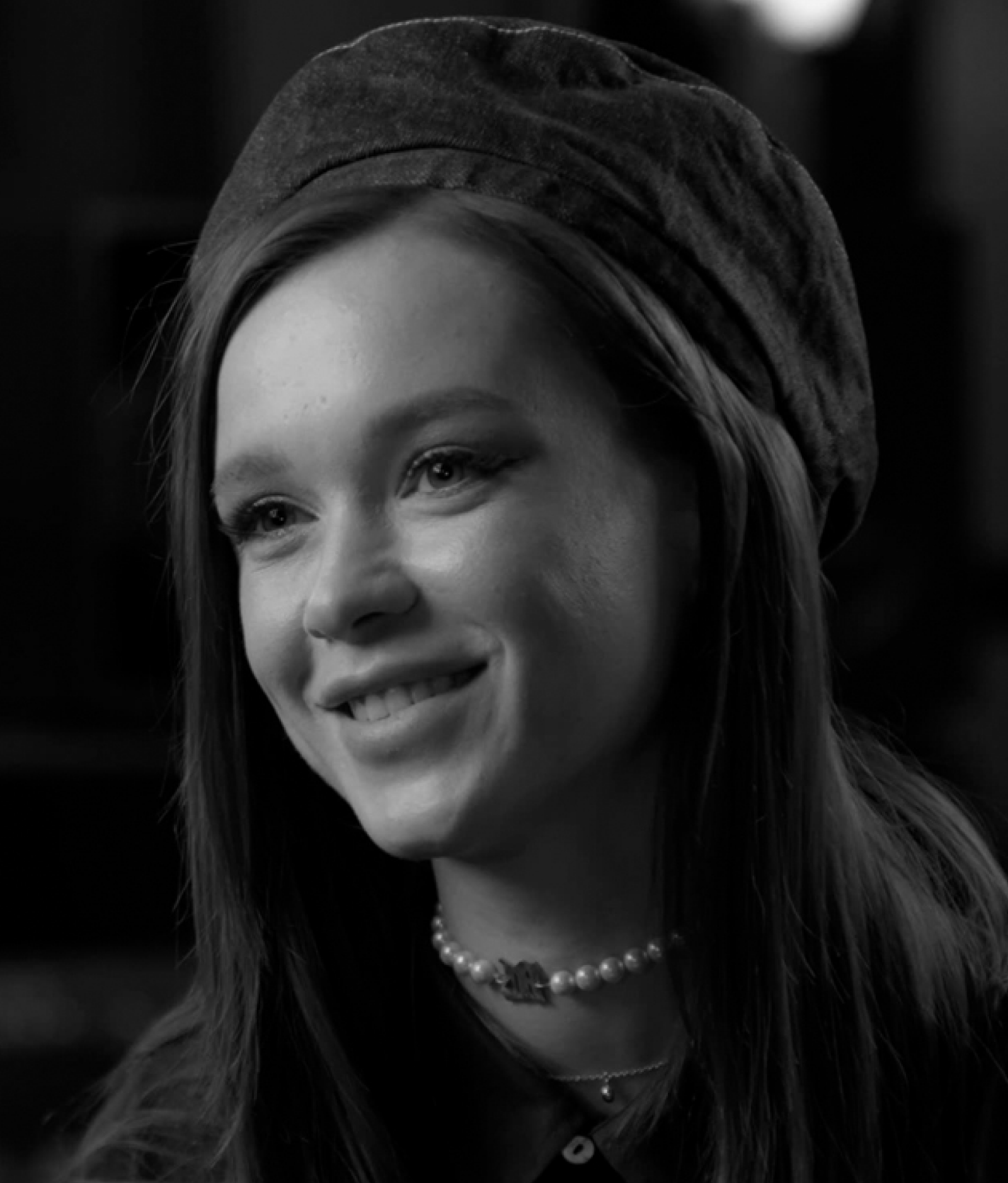
Some videos from my home archive became my personal discovery. They had always been at home, but somehow I had never found them before. For example, the footage in the film where my father takes pictures of me when I was a little girl. For me, such discoveries are priceless,
says Mariia Yaremchuk.
The original film runs for two hours and five minutes. The team cut out almost 40 minutes. They wanted to make the film more dynamic so that people wouldn't turn it off when they got bored watching it at home and so that it would have a run at cinemas. After all, the longer a film is, the harder it is to fit it into a cinema schedule. Mariia Yaremchuk hopes the world will see the director's version of the film one day.
"Everything about the film was a revelation to me. Nazarii Yaremchuk is an amazing person. I discovered Nazarii's inner world, his creative work, his attitude to people, and people's attitude to him, to the country, and to everything around him. His matchless world of beauty opened up for me," says Maksym Serdiuk.
Nazarii Yaremchuk's performances in Afghanistan and the importance of music for the military during the Russian-Ukrainian war
In the film Yaremchuk: Matchless World of Beauty, the singer's friends talk about his trips to Afghanistan and his performances for the Chornobyl liquidators (civil and military personnel who were called upon to deal with the consequences of the Chornobyl accident that occurred on April 26, 1986. At the time, 3/4 of the territory of Europe was contaminated with radioactive caesium. As a result of the accident, more than 8.5 million people in Ukraine, Belarus and Russia received significant doses of radiation, and about half a million people died from the effects of radiation — ed.). Nazarii Yaremchuk was one of the few artists who performed in Chornobyl several times in a row.
Later, Smerichka (a Ukrainian vocal and instrumental group), like many other musicians in the USSR, was ordered to go to Afghanistan to support the Soviet military. Vasyl Koshman, the band's manager in 1987-1988, recalls how soldiers would come up to Yaremchuk after the concert and thank him "because his songs made them feel as if they had been home for two hours."
Reflecting on the importance of music to the military during the Russian-Ukrainian war, Maksym Serdiuk notes that music is a healing genre.
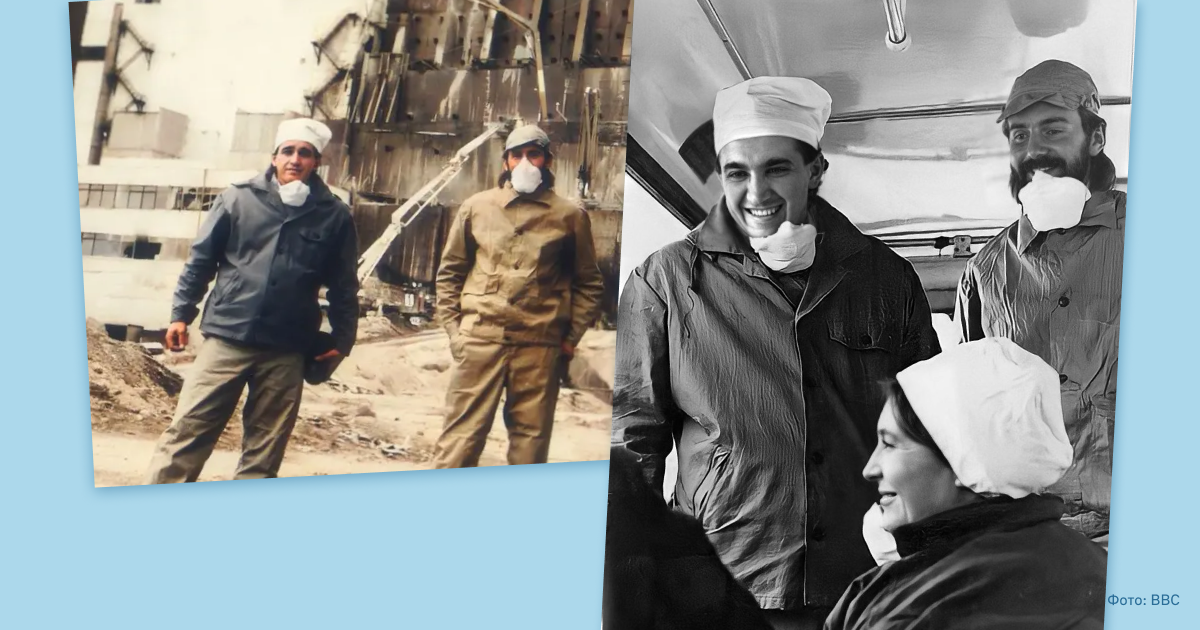
"Everyone who is involved in art feels something in one way or another. When soldiers come to concerts, it can help them escape from the events for a while," says Maksym Serdiuk.
"As for Yaremchuk's civic attitude, he felt the demand of his audience, inspired and lifted the spirit of Ukrainians. I do not doubt that if he were alive today, he would certainly perform for our military. He believed in our country," says Mariia Yaremchuk.
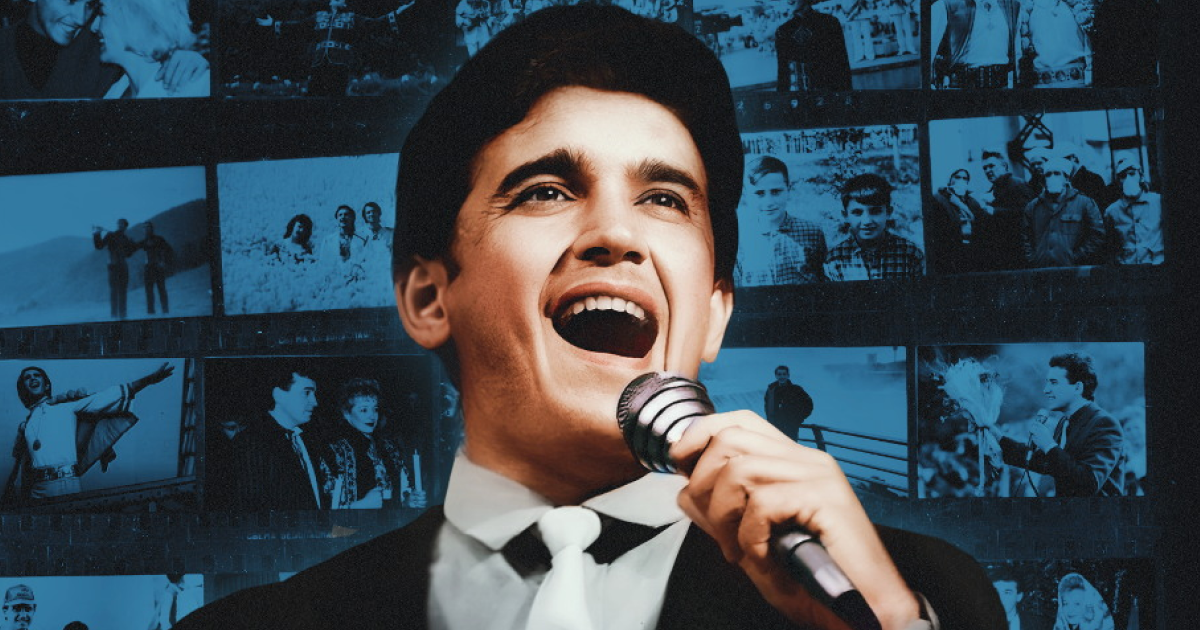
Sophiia Rotaru, Vasyl Zinkevych and Nazarii Yaremchuk's sons did not participate in the film.
The film team spoke to Nazarii's friends and colleagues. However, Vasyl Zinkevych, a member of the Smerichka vocal group who performed with Yaremchuk for many years, does not appear in the film.
Zinkevych spoke to the film crew on the phone several times and shared his memories. However, he kept postponing the meeting, which never took place.
Singer Sofiia Rotaru, who starred with Zinkevych and Yaremchuk in the 1971 musical Chervona Ruta, was also invited to appear in the film. Yaremchuk and Rotaru were among the first to perform Volodymyr Ivasiuk's (a Ukrainian songwriter, composer and poet) songs. The singer refused to take part in the filming without giving a reason.
Nazarii Yaremchuk's sons, Dmytro and Nazarii, do not appear in the film either. They refused to take part, as did the late composer Levko Dutkivskyi.
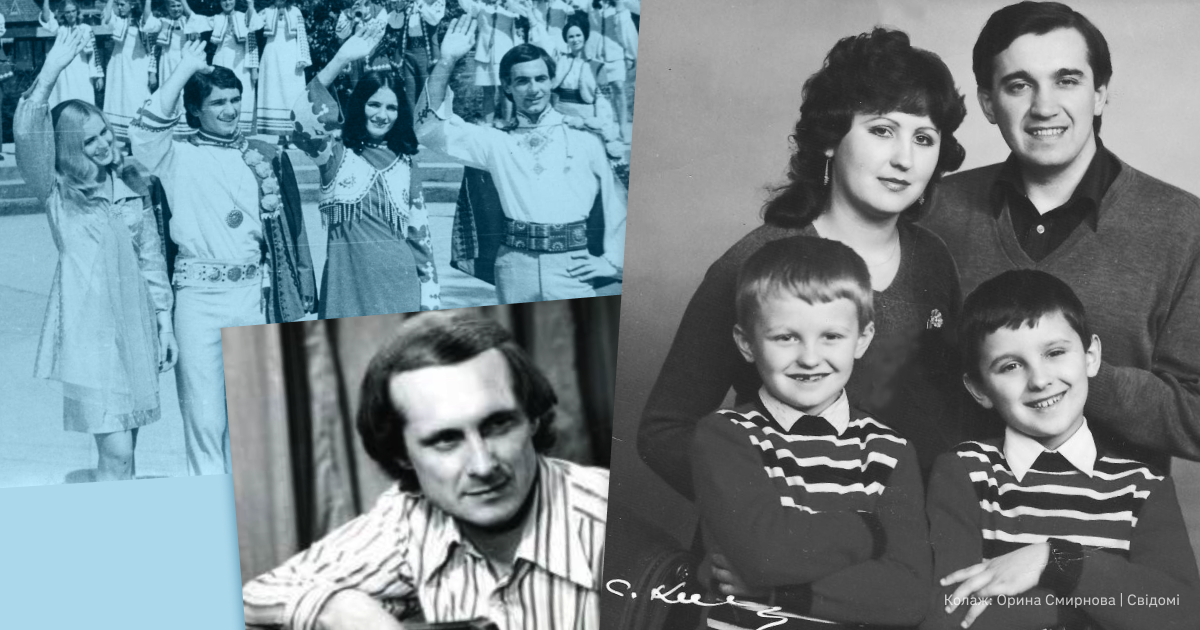
The Soviet significance of pop music and the phenomenon of the Smerichka vocal group.
Maksym adds that the vocal group Smerichka tried to circumvent the system. In the Soviet Union, all vocal groups were created to look the same: the performers wore national costumes and played national instruments. However, the most important thing was what they were performing. In this respect, Smerichka were inventive and unique.
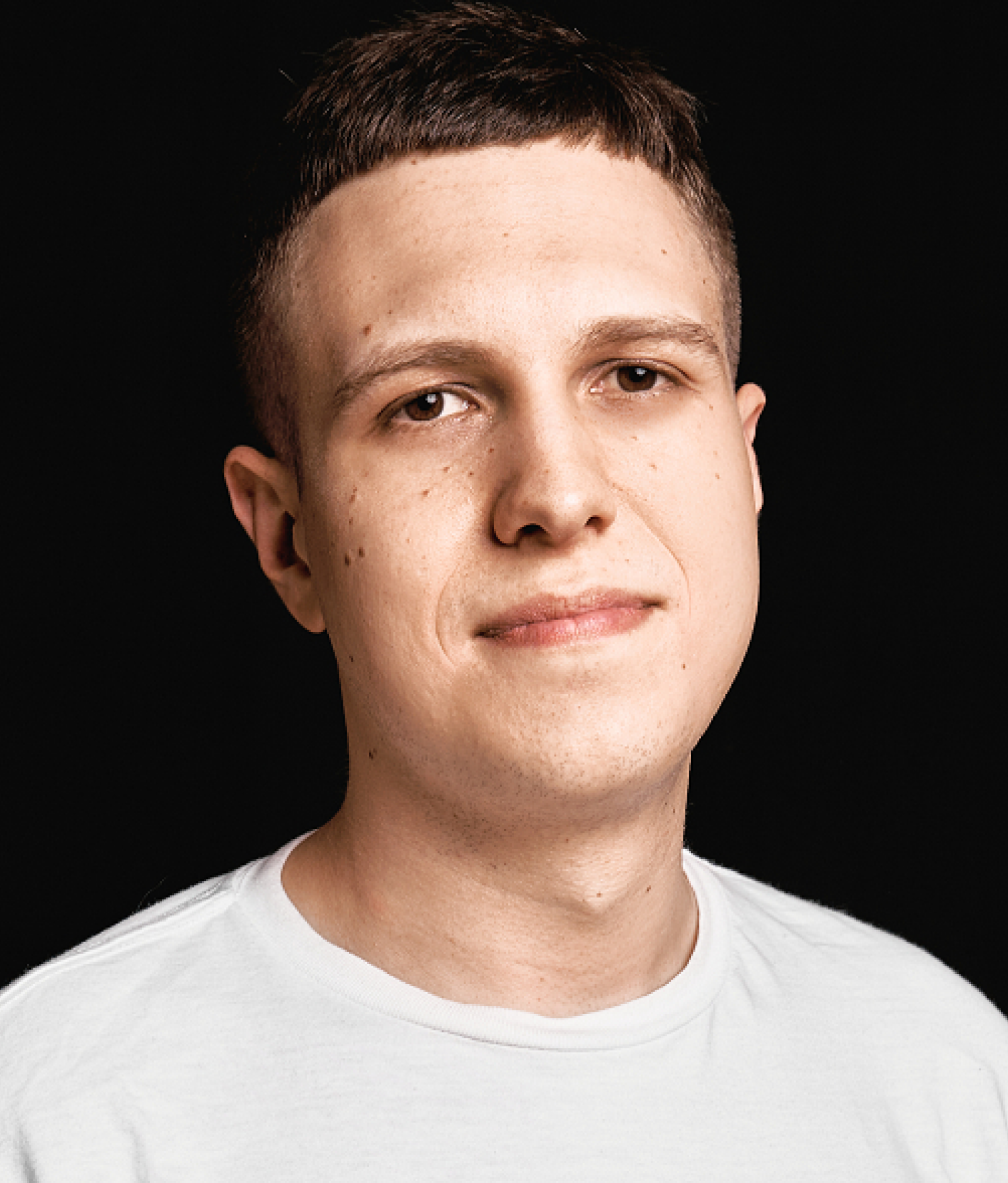
They were different. Smerichka and Yaremchuk were inspired by Western culture. They listened to Jimi Hendrix, the Beatles, Led Zeppelin and Kraftwerk. In general, whenever talented people like Levko Dutkivsky, Nazarii Yaremchuk and Vasyl Zinkevych get together, something truly incredible happens. This 'something' changes the rules of the game and approaches. They were the pinnacle of the music industry,
adds Maksym Serdiuk.
Screenings in the USA and plans for future documentary work
The film Yaremchuk: Matchless World of Beauty has been shown in Canada and is still running in the United States of America. The film is available on Kyivstar TV and Netflix Ukraine.
"I believe one day, we'll conquer Netflix Global. After all, Yaremchuk's story is the story of Ukraine through the prism of the life of an artist whose work is our national heritage and pride," says Mariia Yaremchuk.
KNIFE! Films is already working on documentaries, including stories about prominent Ukrainian artists. One of the next films will feature the leader of the band Skriabin, Andrii Kuzmenko (the band's lead singer until his death in 2015).


